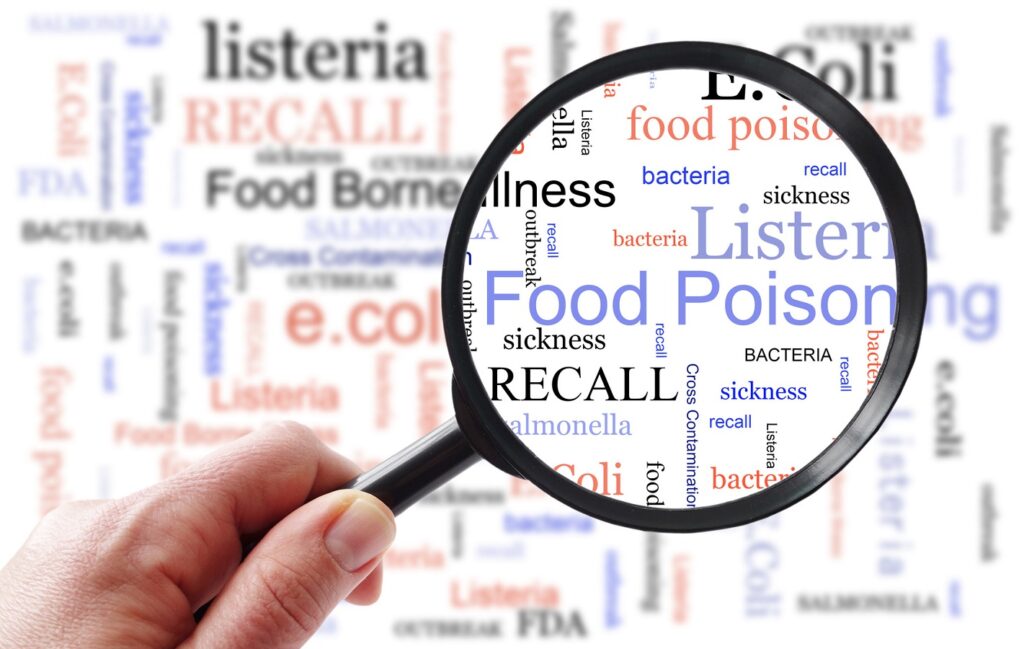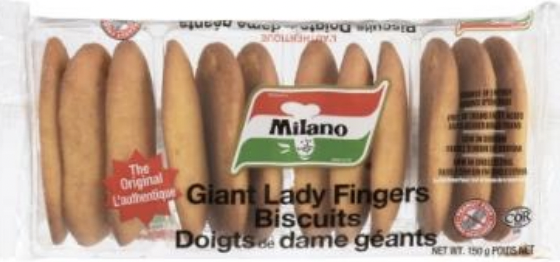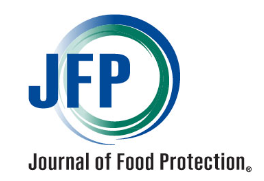The FDA and CDC, in collaboration with state and local partners, investigated an outbreak of Salmonella infections linked to recalled Sweet Cream-brand mini pastry products with best by dates from June 17 to November 15, 2025. As of March 14, 2025, a total of 18 people infected with the outbreak strain of Salmonella have been reported from 7 states (CA, IL, MA, NC, NJ, NY, and PA). Of the 12 people for whom information is available, one person has been hospitalized. No deaths have been reported. Of the 7 people interviewed, 5 (71%) reported eating pastries. Samples of the mini pastry samples from a warehouse that received the recalled product three samples tested positive for Salmonella and are a Whole Genome Sequencing (WGS) match to the outbreak strain. The FDA has added Mini Patisserie pastries from the Italian manufacturer Sweet Cream S.R.L.S. to the Red List of import alerts. FDA’s investigation is complete. @ https://www.fda.gov/food/outbreaks-foodborne-illness/outbreak-investigation-salmonella-mini-pastries-january-2025?utm_medium=email&utm_source=govdelivery




